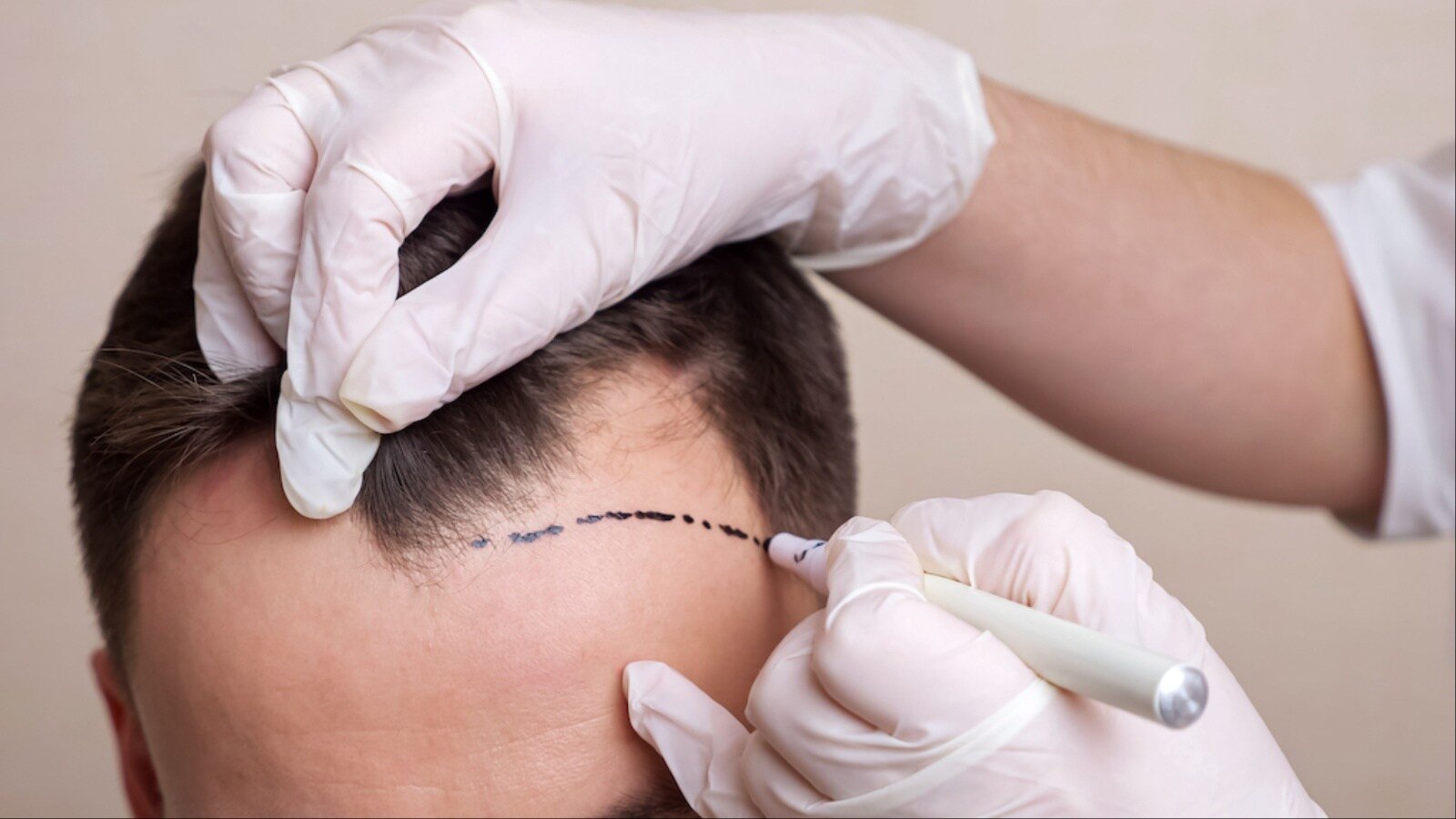Last Updated:June 03, 2025, 14:34 IST
The cosmetic wellness industry in India is expanding at a increased pace. This calls for informed choices and adherence to ethical practices.
Hair transplants carry medical risks and require qualified professionals.
In March this year, 37-year-old engineer Vineet Dubey from Kanpur tragically died just two days after undergoing a hair transplant, performed not by a certified specialist but by a dentist masquerading as a qualified surgeon. The news came to light after his family lodged a formal complaint. Just months earlier, another engineer, Mayank Katiyar, lost his life at the same clinic. These two deaths point to a larger, systemic failure.
For many, hair loss is far more than a cosmetic issue; it can be emotionally taxing, often impacting one’s confidence and sense of identity. In that vulnerability, people seek quick fixes, clinging to hope for both aesthetic restoration and emotional healing. But as the demand for procedures like hair transplants grows, it’s clear that regulations, patient awareness, and ethical oversight haven’t kept pace.
Speaking on this issue, Saloni Anand, Co-Founder, Traya, says, “Hair transplant is, fundamentally, a sophisticated surgical procedure. It carries medical risks: infection, scarring, adverse reaction to anaesthesia, etc. In very rare but serious cases, life-threatening complications can happen due to serious medical negligence or unrecognised health risks.” She continues, “What’s concerning is that too many clinics bypass essential pre-operative screening. Patients with underlying health conditions like diabetes or hypertension are sometimes cleared for surgery without appropriate precautions. These are not isolated incidents – they’re symptoms of a broken system.”
At its core, a hair transplant involves surgical precision and thorough medical evaluation. Risks such as infection, scarring, and adverse reactions to anaesthesia, though statistically uncommon, are very real. At the heart of this lies a troubling mix of regulatory gaps and consumer misinformation.
The cosmetic wellness industry in India is expanding at a remarkable pace, driven by increasing social acceptance, rising disposable incomes, and aggressive marketing. Among the most popular procedures is the hair transplant, a surgical treatment that, despite its growing accessibility, remains medically complex and not without risk. What’s concerning is the proliferation of clinics offering such procedures with limited oversight. Glossy advertising has presented these treatments as quick, low-risk fixes rather than invasive medical interventions.
Saloni adds, “Influencer marketing and celebrity endorsements have helped frame these procedures as routine and low-risk; something closer to a spa treatment than a surgical intervention. But this perception doesn’t reflect the full picture. This highlights the urgent need for stronger regulation and better consumer awareness to ensure safety and trust.”
Saloni shares a few pointers that can help consumers check for the credibility of the clinic and its adherence to guidelines:
- Only qualified medical professionals such as dermatologists or plastic surgeons should perform hair transplants, as per the NMC guidelines.
- Thorough pre-operative assessment is mandatory to ensure the safety of the procedure.
- The clinic will disclose risks, recovery timelines, and candidacy criteria to every patient, with the detailed process to obtain informed consent.
- Regulatory authorities must enforce standards, issue certifications, and take action against malpractice.
Speaking about the importance of making informed decisions, Saloni notes, “As someone who has built a career in this space, I understand the tension between business growth and ethical responsibility. But I also believe this: true wellness is informed wellness. Our role is not just to sell solutions but to educate, guide, and protect. In a space where transformation is promised, let safety, ethics, and informed choice lead the way – because true wellness begins with awareness.”
As cosmetic procedures like hair transplants become more common, consumers must feel empowered to ask tough, essential questions without pressure or guilt. Verifying the practitioner’s credentials, understanding medical risks, assessing clinic hygiene, and ensuring genuine informed consent are all critical steps. Pre-existing conditions like diabetes or hypertension can make such procedures risky and should never be overlooked. Clinics must be licensed and transparent, and patients should be wary of flashy promises or influencer-driven promotions. In a growing, largely unregulated industry, informed decision-making is the most powerful safeguard.
- Location :
Delhi, India, India
- First Published:
#Expert #Reveals #Informed #Decisions #Needed #Cosmetic #Wellness



